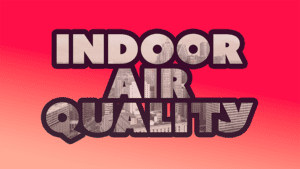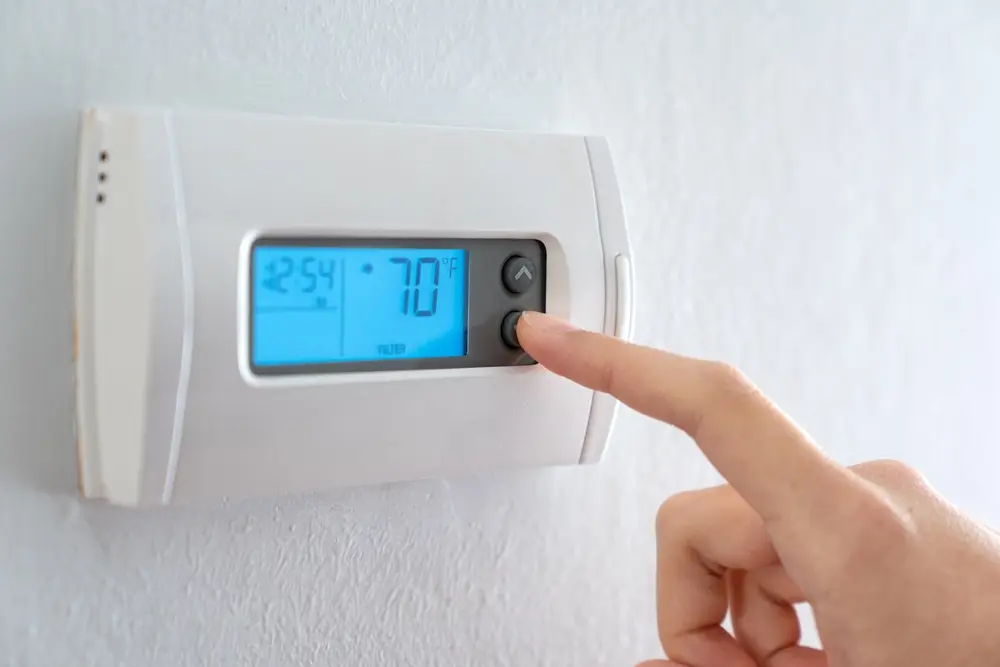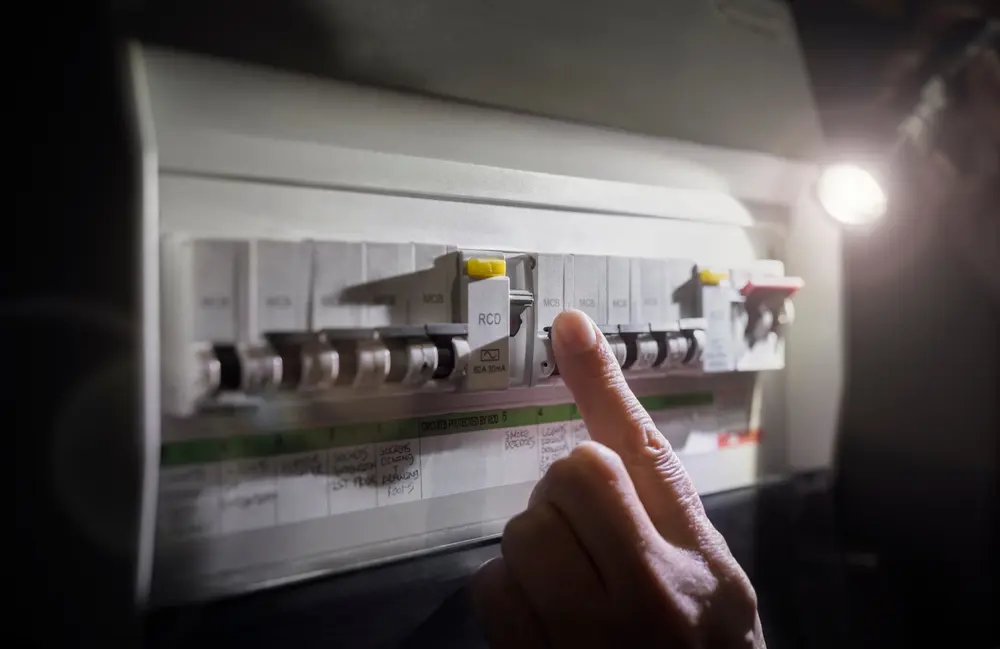Air Quality In Detroit Drops To Unsafe Levels.

Here are Seven Ways To Improve Your Home’s Indoor Air.
Indoor Air Quality (IAQ) is a serious concern, especially for people who spend a lot of time indoors. According to the EPA, Americans spend an average of 96% of their time indoors. This means that we are constantly exposed to the air quality in our homes, offices, and other indoor spaces.
Our Air Quality
Over the last week, according to the Detroit Free Press, Detroit had some of the worst air quality in the world – mainly because of the wildfire smoke drifting from Canada. In fact, Detroit was the second worst city in the world, with an IAQ index of 164. For comparison, Delhi, India, was number one at an IAQ index of 191. However, even without the wildfires, according to the American Lung Association, Detroit ranks as the 16th most polluted city in America. And although many within the Detroit DMA breathe this air every day and don’t have an issue, it’s the long-term effects we must be concerned with. And to make matters worse, that outdoor air seeps into your home.
The worst part about this is that long-term exposure to poor indoor and outdoor air quality can result in the following:
- Respiratory problems: Poor indoor air quality (IAQ) can cause irritation to the eyes, nose, and throat and has been linked to respiratory problems such as coughing, wheezing, and shortness of breath. This is particularly a concern with people that have asthma, as poor IAQ can trigger asthma attacks.
- Allergic reactions: If you suffer from frequent allergy attacks, poor IAQ could be the culprit. Poor IAQ has been shown to trigger allergic reactions, such as sneezing, runny nose, and itchy eyes.
- Headaches: Poor IAQ can cause headaches, fatigue, and dizziness.
- Cancer: In extreme cases and with indoor pollutants, such as radon, poor indoor air has been linked to cancer.
- Congenital disabilities: Long-term exposure to some air pollutants during pregnancy has also been linked to congenital disabilities in infants.
It is important to note that the severity of poor IAQ health effects can vary based on the type and length of exposure. And that the people who are most at risk of having health problems based on IAQ are children, people with pre-existing health conditions, and senior citizens. However, a few actions can be taken to protect yourself against poor IAQ.
- Change Your Filters Regularly: Air filters are a great way to protect you against harmful pollutants in the air. So, if you love your home at a cool 68 degrees and you’re constantly running your A/C, ensure your furnace filters are being changed regularly. We recommend every four to six months.
- Moisture Control: Bacteria and mold love moisture. So, humid environments are perfect for these unwanted guests. By controlling the humidity in your home, you can limit the growth of bacteria and mold. Two ways to reduce humidity are by installing a smart thermostat or purchasing a dehumidifier.
- Clean Regularly: If you’re like most Americans, you hate cleaning. However, regular cleaning can remove those unwanted pollutants from objects and hard surfaces in your home, allowing you to breathe easier.
- Avoid Smoking Indoors: Smoking indoors is a major source of indoor air pollution. By not smoking indoors, you can improve the IAQ for everyone in your home.
- Get an Air Purifier: Indoor air purifiers are a proven and highly effective way to reduce indoor air pollutants. We recommend going with a whole home air purifier because they’re more effective and can kill more bacteria and mold.
- Upgrade Your HVAC Equipment: Old HVAC equipment rusts over time, is less effective in removing humidity, decreases air circulation, and is proven to pass more pollutants throughout your home. Upgrading your HVAC equipment can increase air quality as well as efficiency.
- Clean Your Ducts: Just like your HVAC system, your air ducts need regular cleaning too. Air ducts that haven’t been installed properly or are poorly maintained can transport contaminants from one room to the next. Over time, acting like a highway for dust, dander, and even mold spores – reducing the overall air quality
Are you worried about your indoor air quality? Want to see how we can help? Give us a call at 586-336-1111 or schedule by clicking the button below.
Schedule Your Free In-Home Estimate
Detroit Free Press Link: article
Request Service

Why Choose Randazzo?
We’re the Name You Know
- Licensed & insured
- Service all brands
- Free estimates on replacement quotes & service calls
- Background-checked technicians
- Financing options
- Lennox Premier Dealer
- Committed to excellence



